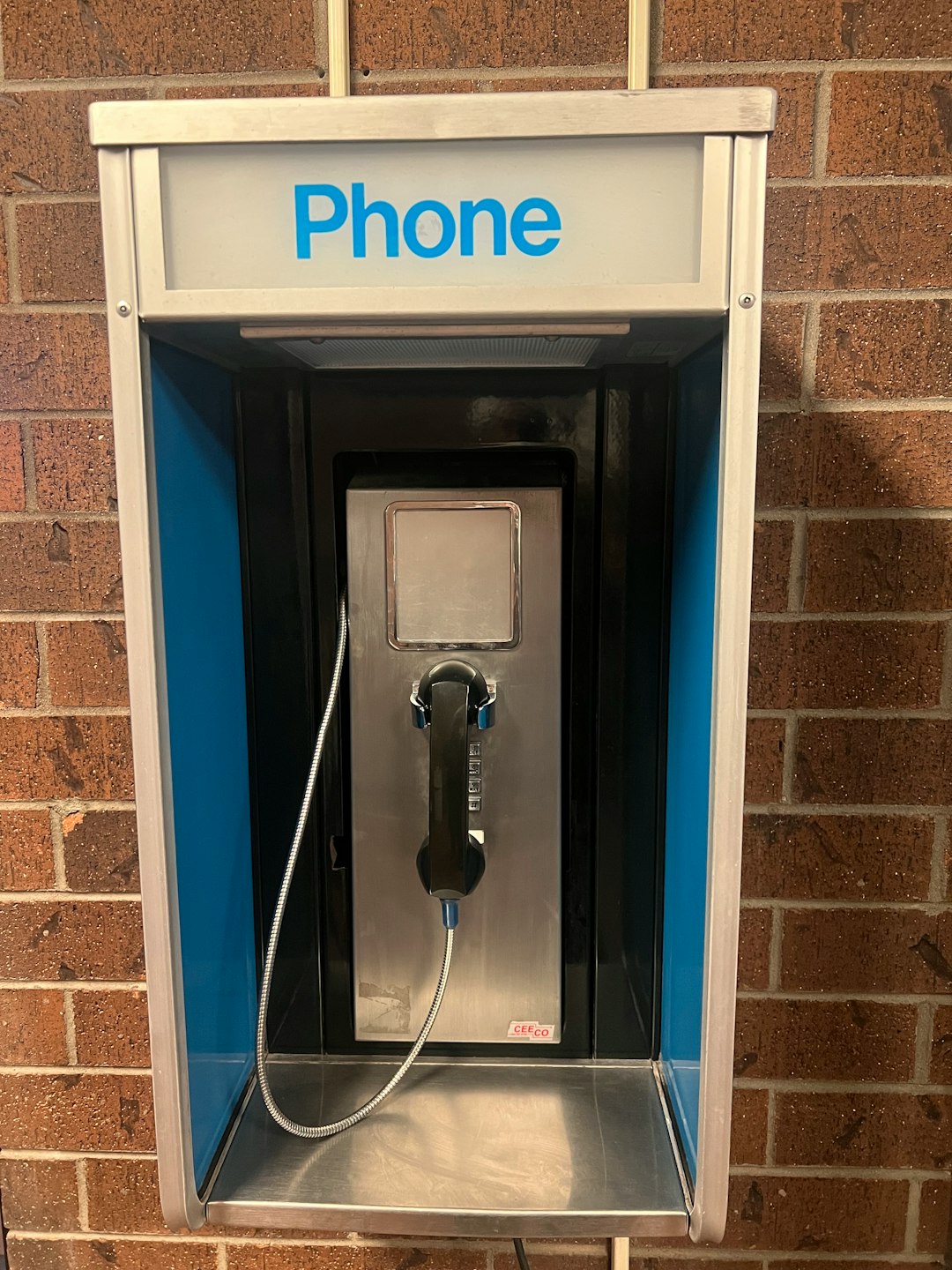Iowa's Do Not Call laws and the Telephone Consumer Protection Act (TCPA) protect residents from spam texts and robocalls. Iowans can opt-out of commercial calls, report suspected spam, block numbers, and consult robocall lawyers or law firms specializing in Do Not Call regulations to enforce their rights and stop nuisance calls. Register on National Do Not Call Registry and state lists, be cautious with personal number exposure, and use legal aid for effective prevention and action against spammers.
Tired of relentless spam texts and robocalls? In Iowa, you have rights. Our state’s Do Not Call laws offer a robust framework to combat these intrusive communications. This guide equips Iowans with the knowledge to identify and stop spam texts, understand legal recourse against robocallers, and protect their consumer rights. Additionally, we provide top strategies for prevention, empowering residents to take control with the help of our experienced robocall lawyers and spam call law firms in Iowa.
Understanding Iowa's Do Not Call Laws

In Iowa, preventing spam texts and robocalls is not just about individual consumer choices; it’s also governed by specific legal frameworks designed to protect residents from unwanted communication. The state’s Do Not Call laws are a cornerstone of this protection. These laws regulate commercial calls, including those made by automated systems or robocalls, and provide Iowans with the right to opt-out of receiving such calls.
Understanding these laws is crucial for anyone looking for a lawyer specializing in robocall or spam call cases in Iowa. Do Not Call law firms across the state offer legal assistance to help residents enforce their rights. If you’re facing persistent unwanted texts or robocalls, contacting a robocall attorney in Iowa can provide guidance and ensure compliance with local spam call laws, offering much-needed relief from intrusive communications.
Identifying and Stopping Spam Texts
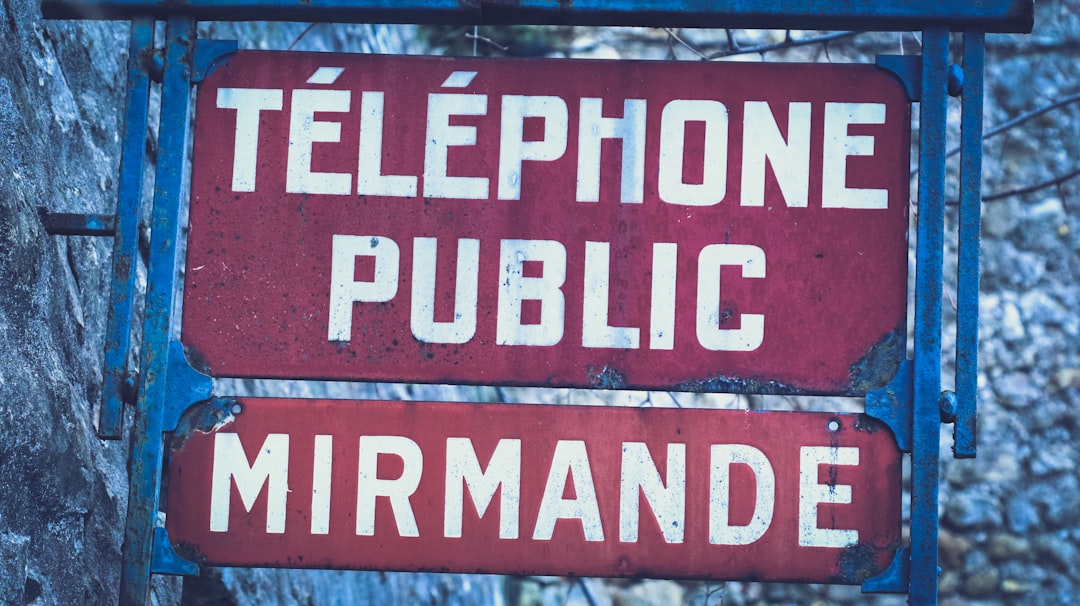
Identifying and stopping spam texts is a crucial step in protecting yourself from robocalls and unsolicited messages. In Iowa, as in many states, there are strict laws in place to combat these nuisance calls, including spam texts. The first line of defense is to be aware of common patterns and signals that indicate an unwanted message. Look out for numbers that don’t match any known contacts, sudden bursts of multiple text messages from the same sender, or suspicious links or requests for personal information within the text.
If you suspect a text is spam, don’t engage with it. Instead, report it to your service provider and consider blocking the number. Additionally, seek advice from a robocall lawyer in Iowa or a law firm specializing in Do Not Call laws. These legal experts can guide you on the best course of action, whether it’s registering for the National Do Not Call Registry, using apps designed to block spam texts, or taking legal measures against persistent spammers. Remember, knowing your rights and leveraging available tools is key to preventing and stopping spam calls effectively.
Legal Recourse Against Robocallers
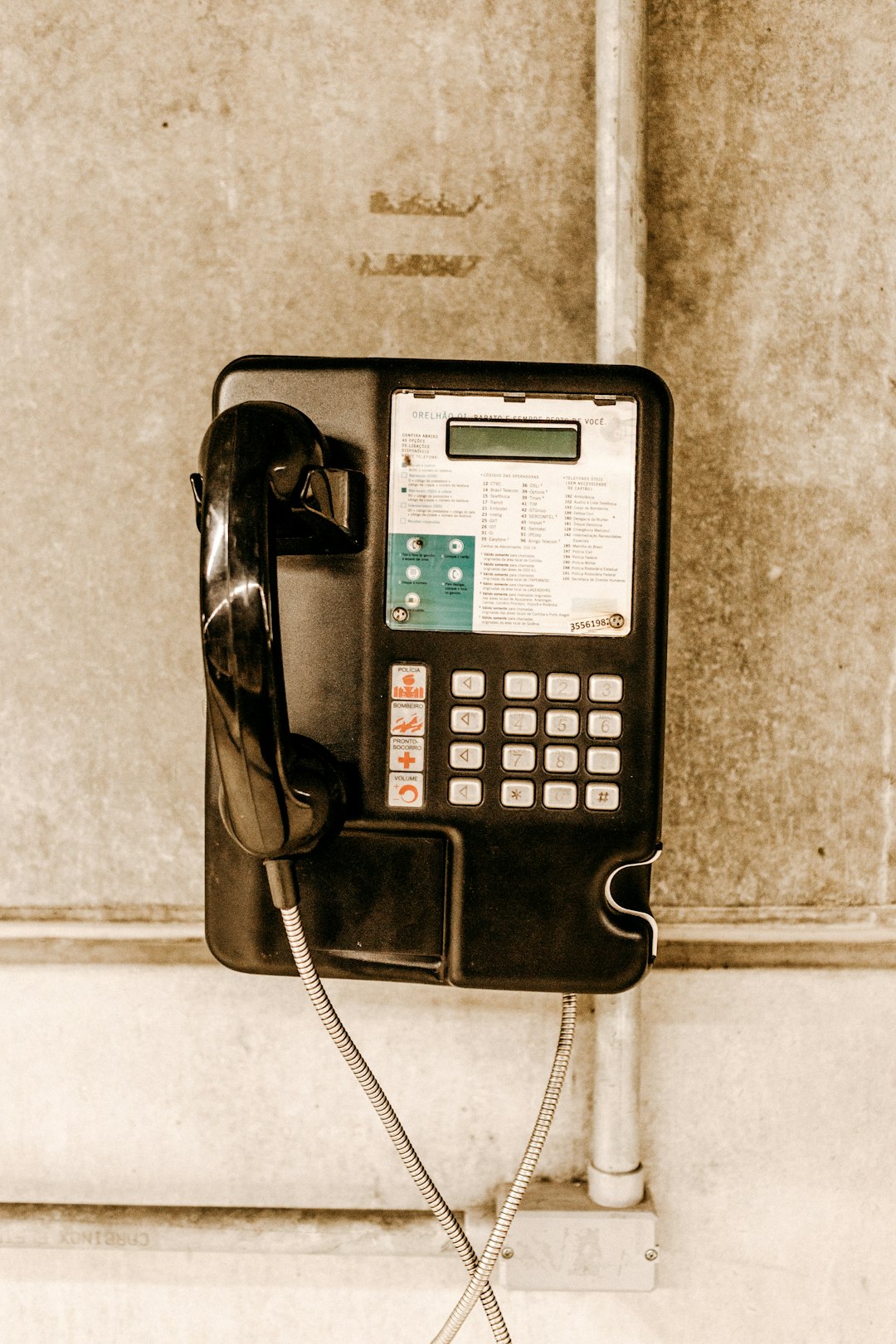
If you’re experiencing an influx of spam texts or robocalls in Iowa, know that there are legal avenues to pursue. The Telephone Consumer Protection Act (TCPA) is a federal law designed to curb unwanted telemarketing calls and texts, providing individuals with significant legal recourse against robocallers. In Iowa, the state’s consumer protection laws further reinforce these rights.
If you’ve received spam calls or text messages promoting products, services, or scams, consider consulting a robocall lawyer in Iowa or a spam call law firm. These legal professionals can guide you on how to file a complaint with relevant authorities and potentially take legal action against the perpetrators. Robocall attorneys in Iowa are well-versed in navigating the state’s robocall laws and do not call law firms, ensuring you receive the protection you’re entitled to under these regulations.
Protecting Your Rights as a Consumer
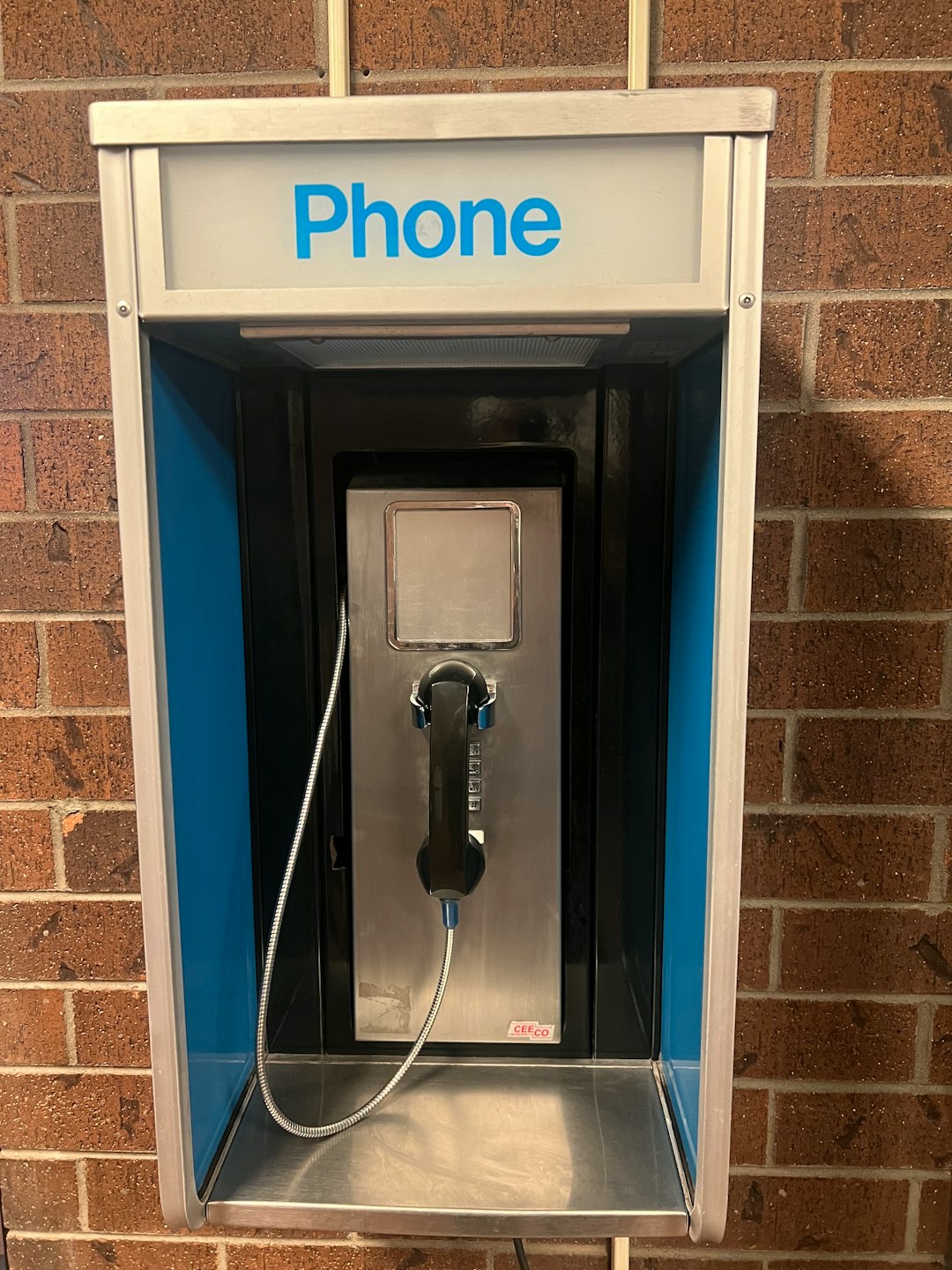
In Iowa, consumers have rights when it comes to protecting themselves from spam calls and text messages. The state has implemented laws to curb unsolicited communication, often referred to as robocalls or spam texts, ensuring residents’ privacy and peace of mind. If you’ve received excessive or unwanted calls, you may have legal options. A robocall lawyer Iowa or spam call law firm Iowa can guide you through the process of taking action against violators.
Understanding your rights under the robocall laws Iowa is essential. These laws not only restrict businesses from making automated calls without prior consent but also empower consumers to file complaints and seek damages for violations. If you’ve been harassed by persistent calls or have experienced financial loss due to these practices, contacting a specialized robocall attorney Iowa can help you navigate legal avenues to hold perpetrators accountable and potentially receive compensation.
Top Strategies for Robocall Prevention
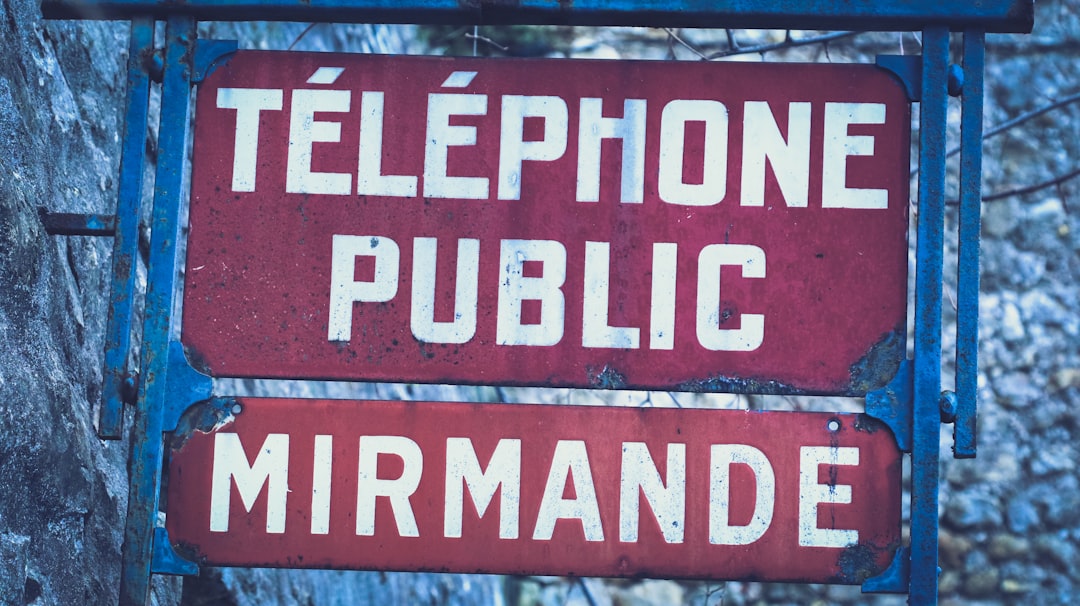
Preventing robocalls and spam text messages is a growing concern for many Iowans, leading to increased demand for legal aid from robocall lawyers and spam call law firms in the state. Here are some top strategies to protect yourself:
First, register your number on the National Do Not Call Registry. This federal list prevents telemarketers and robocallers from calling you unless they have your explicit consent. Additionally, many states, including Iowa, have their own do not call laws that offer further protection. Second, be cautious when sharing your phone number online or with unknown entities. Spammers often gather numbers through various sources and use them for automated messaging campaigns. Consider using a separate line for work or services that require frequent communication to minimize personal number exposure.



